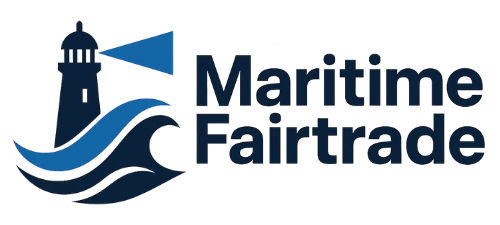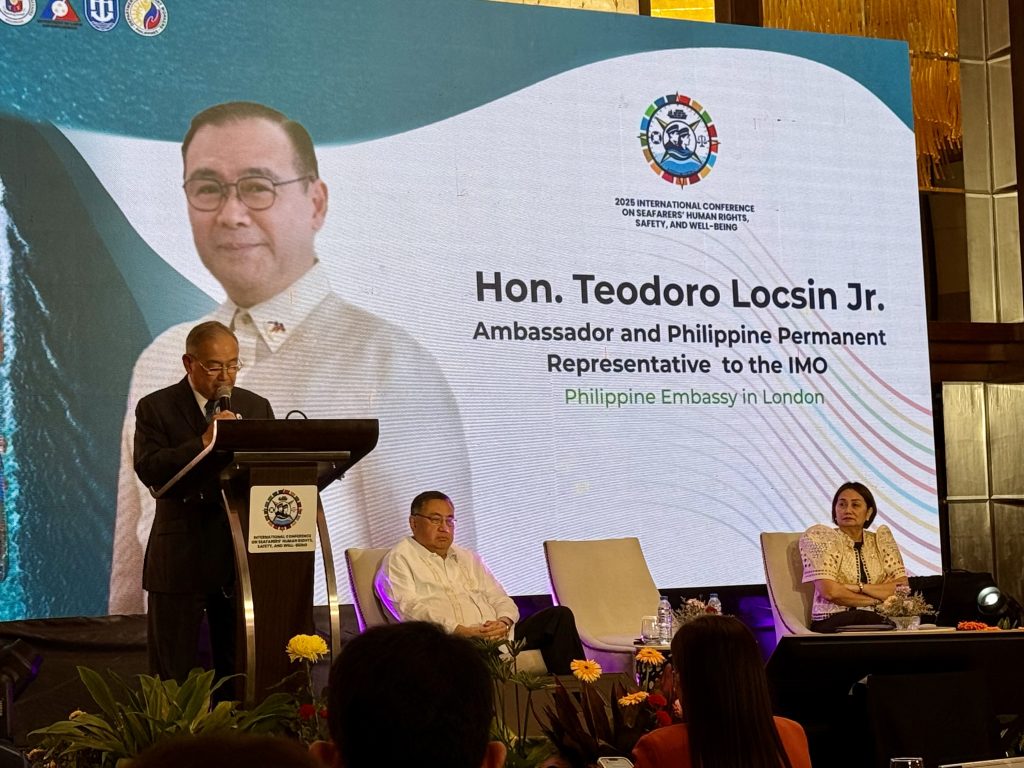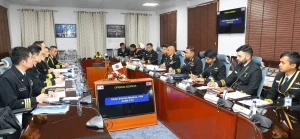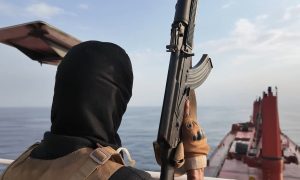On September 2, 2025, Human Rights at Sea endorsed the Manila Declaration on Seafarers’ Human Rights, Safety, and Well-Being during the concluding day of the International Conference held at The Diamond Hotel, Manila Bay, Philippines. This conference gathered representatives from various sectors, including state authorities, civil society, and the diplomatic corps. The consensus reached demonstrates a united effort to enhance international commitment to the protection of seafarers’ human rights.
The Manila Declaration signifies a national pledge to foster international cooperation in safeguarding seafarers’ rights. Honorable Sonia Malaluan, Administrator of the Maritime Industry Authority of the Philippines, emphasized that the conference showcased global collaboration aimed at promoting a just and inclusive maritime industry that surpasses existing policies. She called for collective action in securing the rights of seafarers across the globe. Similarly, Hon. Carlos Sorreta, the Ambassador and Philippine Permanent Representative to the UN in Geneva, reiterated that human rights should be central to policy and action.
Human Rights at Sea formally committed to the Manila Declaration through a communication with the Philippine Department of Foreign Affairs. Currently, the Declaration enjoys the formal support of ten countries: Bangladesh, Germany, Malaysia, Myanmar, The Netherlands, New Zealand, Norway, Spain, the United Kingdom, and the Philippines.
The Declaration is rooted in the UN Human Rights Council General Assembly Resolution 56/18, adopted on July 11, 2024, which aims to promote and protect the rights of seafarers. This resolution was co-sponsored by over 40 states and represents the first significant effort to address seafarer human rights protections.
The Manila Declaration is built around eight interdependent commitments, including the mandate to uphold human rights consistently, enforce the Maritime Labour Convention, and ensure crisis preparedness. It also emphasizes the rights of seafarers to refuse to sail in dangerous areas without fear of reprisal, promotion of corporate due diligence in human rights, inclusion and empowerment of women, as well as the need for international cooperation in maritime education and training.
Closing remarks by Hon. Teodoro Locsin Jr., Ambassador to the IMO, underscored the importance of transcending minimum standards to focus on equity and the empowerment of women in the maritime sector. A shift towards a human rights-centered approach is essential.
The conference was notable for its engagement and open discussions, avoiding mere echo chambers and fostering genuine dialogue on critical issues. It included diverse voices from the maritime supply chain, highlighting not just the involvement of seasoned professionals but also that of upcoming seafarers, including women, demonstrating a demand for equitable opportunities in maritime careers.
Moving forward, close attention will be paid to how the final text of the Manila Declaration is implemented and how the Philippine government incorporates a human rights narrative into both law and policy, thus setting an international benchmark.
Human Rights at Sea encourages the dissemination of this information, adhering to copyright guidelines. For inquiries, contact them directly at their provided email address.
Source link










